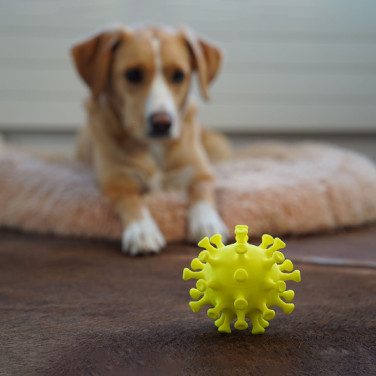SYMPTOMS
Dog Diarrhea: Causes, Symptoms, Prevention, and Treatments
페이지 정보
본문
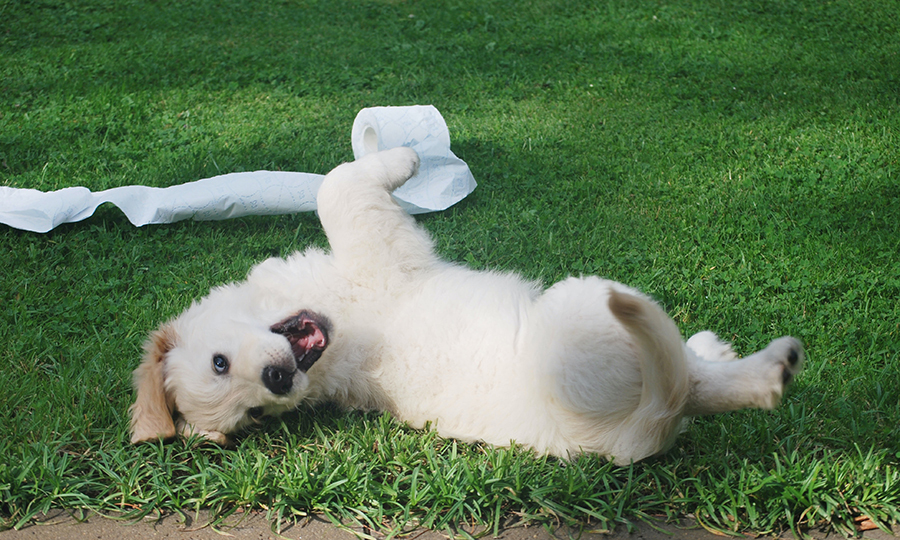
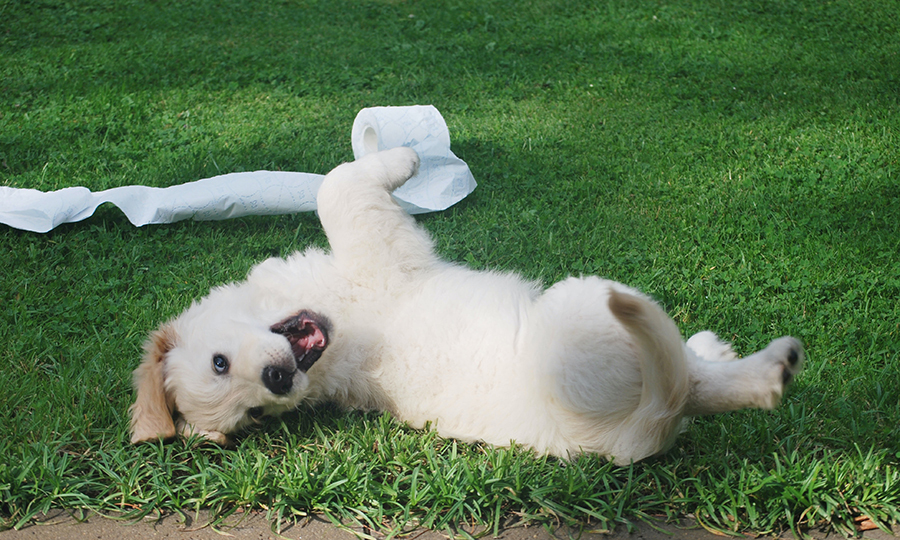
Diarrhea in dogs
Anyone who has owned a dog for a long time knows that diarrhea is a relatively common occurrence. It is typically a clinical sign of a variety of diseases and not one specific condition. Causes of diarrhea in dogs can include ingestion of foreign substances to an underlying health condition. If it is just a one-time symptom and there is no change in behavior, it may not be a big concern. However, if the symptoms are mild, you should restrict your dog's diet and pay attention to their fluid intake. If the symptoms occur frequently, last for a long time, or are accompanied by other problems, it is important to visit a veterinarian to determine the exact cause.
The main causes of dog diarrhea
Diarrhea results from decreased absorption of water, nutrients, and electrolytes due to the quick passage of fecal material through the intestine. It can be caused by various factors, ranging from simple digestive problems to serious illnesses.
Common causes of diarrhea include:
-
Dietary indiscretion
Eating too much food, garbage or spoiled food can cause diarrhea
-
Change in diet
Changes in food or treats can take time for the digestive system to adjust to the new protein. Because of this, when changing food, most food manufacturer brands recommend making the transition slowly, mixing little by little with the old food.
-
Food hypersensitivity
Allergic reaction to food
-
Ingesting toxins or poisons or ingestion of certain plants
-
Ingested indigestible foreign bodies: toys, rods, socks, etc.
-
Infection
Diarrhea may occur in young puppies or immunocompromised adult dogs.
- Parasitic infections: Roundworms, Hookworms, Whipworms, Coccidia, Giardia
- Virus infections: Parvovirus, Distemper, Coronavirus
- Bacterial infections: Salmonella, Clostridia, Campylobacter
-
Reaction to antibiotics and other medications
-
Mental health problems such as stress, anxiety, or severe mood swings
-
Diseases
Diseases such as kidney and liver disease, pancreatitis, colitis, inflammatory bowel disease, and cancer.
Symptoms that can accompany dog diarrhea
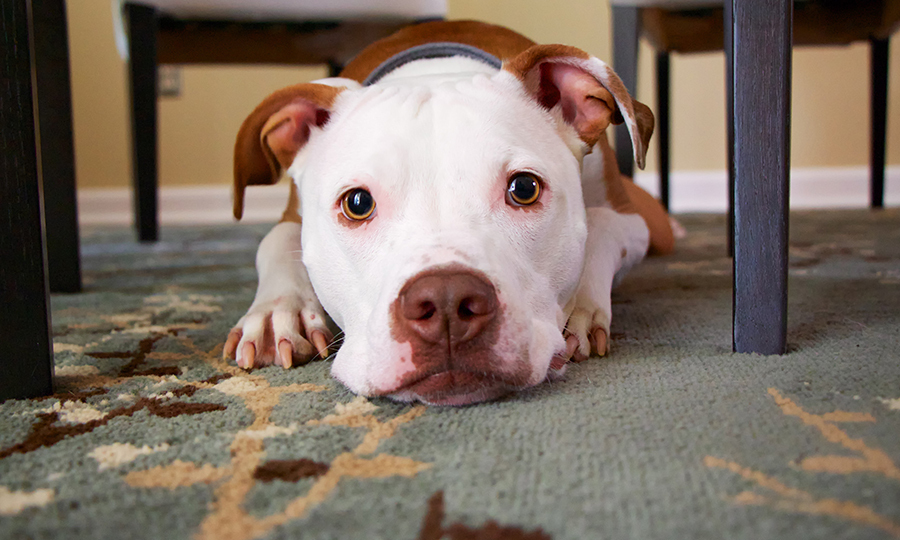
Symptoms that can occur with diarrhea include:
- Abdominal cramps or pain
- Abdominal bloating
- Vomiting
- Fever
- Lethargy
- Decreased appetite
- Blood in the stool
- Mucus in the stool
When should I worry about my dog’s diarrhea?
If your dog has diarrhea and is behaving normally, it's usually not a major concern if it's a one-time occurrence. However, you should monitor their bowel movements to see if the symptoms improve. To determine the severity of diarrhea, consider the frequency, duration, presence of other symptoms such as vomiting, and behavioral changes.
When should I go to the hospital for my dog’s diarrhea?
- Repeated diarrhea in a short time
- If symptoms persist for more than 48 hours
- If your dog shows symptoms of dehydration
- If your dog continuously takes position to defecate but produces only a small amount or none at all
If the following symptoms appear, it is considered a veterinary emergency and requires immediate treatment as there is a possibility of blockage by foreign substances such as pieces of a toy, cloth, etc.
- Diarrhea accompanied by vomiting
- Diarrhea after vaccination or drug use (e.g. dogs on antibiotics)
- In case of suspicion of ingestion of toxins, poisons, or drugs
- If the color of the diarrhea is bloody or black
- Diarrhea accompanied by physical symptoms such as lethargy, loss of appetite, fever, pale gums, or weakness
- Diabetes, Cushing's disease, Addison's disease, renal failure, tumor, etc.
How to deal with your dog’s diarrhea at home
-
Fasting
To eliminate the cause of digestive problems and stabilize the gastrointestinal tract, it is recommended to restrict food intake for a period of 12 to 24 hours. This means avoiding all types of food, including snacks and regular meals. It is important to ensure that your puppy is healthy enough to handle fasting before attempting this method.
-
Hydrating
Diarrhea can lead to dehydration because it causes the body to lose water. It is important to ensure proper hydration to allow the body to function properly. An electrolyte drink mixed with water can also be helpful in maintaining hydration.
-
Adequate rest
Create a quiet, comfortable environment for your puppy to rest and recover.
-
Good food for diarrhea in dogs
If fasting helps alleviate symptoms, you should re-introduce a bland diet in small amounts to your pet’s stomach. It is suggested to gradually increase the amount while monitoring the stool condition and feeding in small portions. It is generally beneficial to combine simple proteins or simple carbohydrates, and the following foods may be effective in relieving digestive symptoms.
Foods that are good for dogs with diarrhea:
- White rice, zucchini, and peeled boiled potatoes
- Regular protein sources such as eggs and chicken
- Cottage cheese, plain yogurt, probiotics, lactic acid bacteria
-
Caution in using human medication
Giving your dog medications intended for humans is not a good idea. These medications may contain ingredients that are harmful to dogs and different doses may lead to toxicity. It is important to only administer medication as prescribed by your veterinarian.
How is diarrhea in dogs diagnosed at the veterinarian?
To make a diagnosis, the veterinarian will thoroughly evaluate the dog's history, including vaccinations, the severity of symptoms, and changes in body and behavior. The veterinarian will also ask about your dog’s overall condition to better understand the circumstances to narrow down the diagnosis process.
Veterinarians may ask pet parents:
- Duration and frequency of diarrhea
- Condition of stool, such as shape and color
- Recent dietary changes
- All previous medical history including vaccination
- Changes in environment and behavior
- Symptoms other than diarrhea and body and activity changes
Based on the guardian's answer, the following tests can be performed for a more accurate diagnosis.
-
Physical examination
A physical examination, such as palpation of the abdomen, checks for abdominal pain, ascites, foreign body, or mass, and evaluates for dehydration.
-
Fecal test
Infectious agents such as parasites and bacteria can be identified in feces.
-
Blood test
You can check the presence or absence of various diseases, including electrolyte abnormalities caused by diarrhea.
-
Imaging test (radiation, ultrasound)
You can check the overall digestive system, such as the stomach and intestines, and check for foreign bodies and masses.
-
Endoscopy or surgery
Direct confirmation of the digestive system, such as the stomach and intestines, and confirmation through biopsy are possible.
What is the treatment process like for diarrhea in my dog?
Once the cause of the diarrhea is detected, treatment is tailored accordingly.
- An antidiarrheal can be prescribed to help stop diarrhea.
- Antibiotics, anti-inflammatory, and anti-parasitic drugs may be prescribed for infection problems.
- In case of severe dehydration and electrolyte imbalance, fluid treatment can be performed together.
- Nutrients can go hand-in-hand because diarrhea can cause problems with nutrient absorption.
- In some cases, pain relievers may be prescribed together.
- For dietary concerns, prescription diets may be included.
How to prevent dog diarrhea
To prevent diarrhea, it is advisable to practice healthy eating habits. This includes feeding the proper amount of food and avoiding giving human food or table scraps. It is also important to train your pet not to rummage through trash cans or eat foreign objects. Regular vaccination and deworming can also help prevent infection. Consult with a veterinarian about using probiotics for optimal intestinal health.
Check diarrhea symptoms with the Buddydoc Symptom Checker!
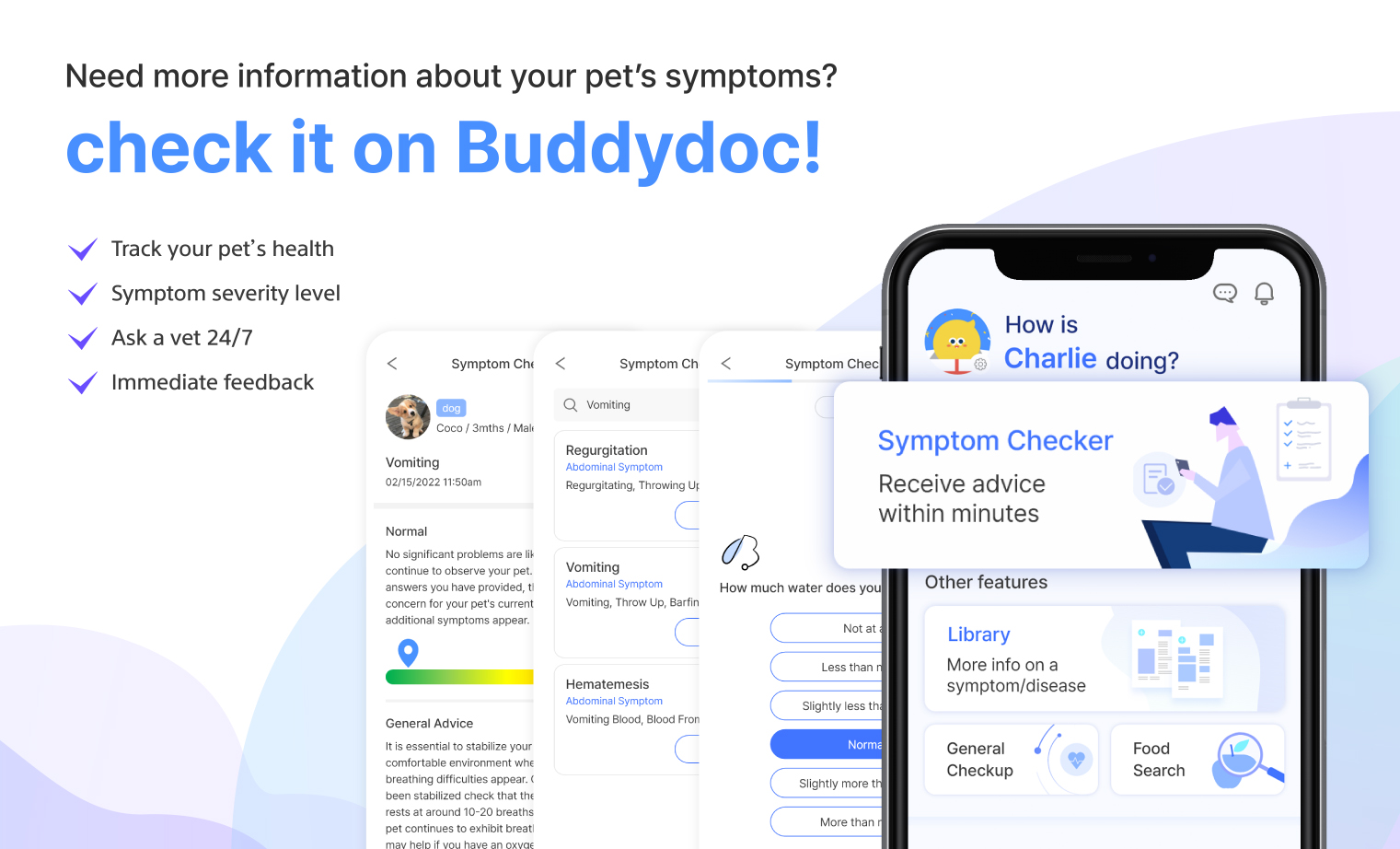
If it is difficult to accurately determine the severity of the symptom, you can use the Buddydoc symptom checker to help you! The self-symptom checker service will ask questions about your pet’s symptoms and can take anywhere from 2-5 minutes to receive a pet triage result. Each answer you provide has a triage value and is calculated in the end result page to help you make a better decision for your pet’s health. The result page provides a level of risk to your pet’s health, veterinarian advice, possible diagnoses, and recommended examinations when visiting the hospital.




